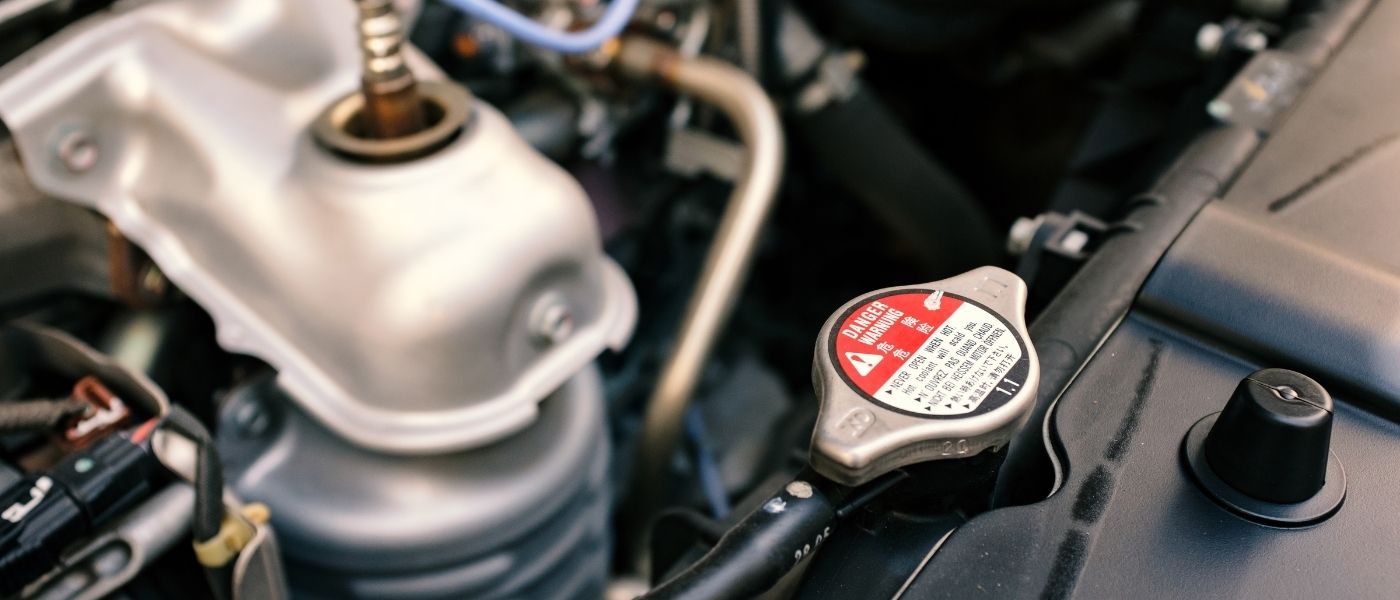The radiator plays an essential role in managing your engine’s temperature.
If it malfunctions, your vehicle can experience extreme overheating, leaking, and rust. Think your radiator is the cause of your car’s recent issues? Here are some of the most common radiator problems and how you can fix them.
Leaks
Exposure to liquid, such as coolant, can hasten the oxidation process. Rust-covered radiators aren’t uncommon, but excessive buildup can cause your vehicle to leak, overheat, or otherwise malfunction.
If your engine is overheating, examine your radiator for rust on the exterior. You should check your coolant for signs of interior rust, too. If it’s tinged a noticeable brownish color, that’s a bad sign.
To remedy a rusty radiator, do a coolant flush. Use a strong, acid-neutralizing cleaner. This will remove existing rust and prevent new rust from forming.
Rust
If you’re experiencing leaking, the most common cause is a leaky, malfunctioning hose—but the radiator itself can leak, too. When coolant runs from your radiator to the engine, pressure builds. If the pressure isn’t relieved, your radiator hoses can degrade, come loose, or burst.
If you notice a green, sweet-smelling fluid under or near your car, it’s a good sign your radiator is having problems. To prevent this, you should regularly replace your radiator hoses.
Broken Hose, Pump or Thermostat
Your radiator consists of multiple components, including a radiator hose, water pump, thermostat, and cooling fan. If any of these parts are compromised, watch out for a domino effect. It’s not uncommon for the hose, pump, thermostat, and fan to break in quick succession.
Keep an eye out for early warning signs, and if an issue emerges, examine these parts for damage. If you need help, this guide can help you detect problems with your radiator’s hose. Smaller damage is fixable, but larger problems generally require replacement.
Overheating
If your engine overheats when idle, it’s a sign of a failing radiator fan. When you’re idling or driving at low speeds, the electric fan draws air into the radiator to prevent overheating. If it breaks, you might experience extreme and sudden temperature spikes. Broken fans should be replaced.
Mineral Deposits
Another one of the most common radiator problems is nasty, hose-blocking gunk. A buildup of mineral deposits or gunk can cause your radiator to fail. These deposits restrict the flow of coolant, which makes it harder to distribute.
Unlike other problems, obstructions aren’t easy to detect. If you don’t notice issues with rust or leaking, you can probably attribute your recent car troubles to an internal buildup of mineral deposits. To fix this, do a coolant flush. It removes contamination and prevents the formation of future deposits.


